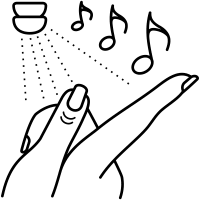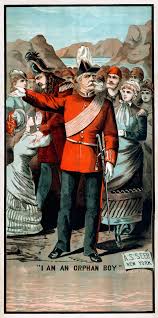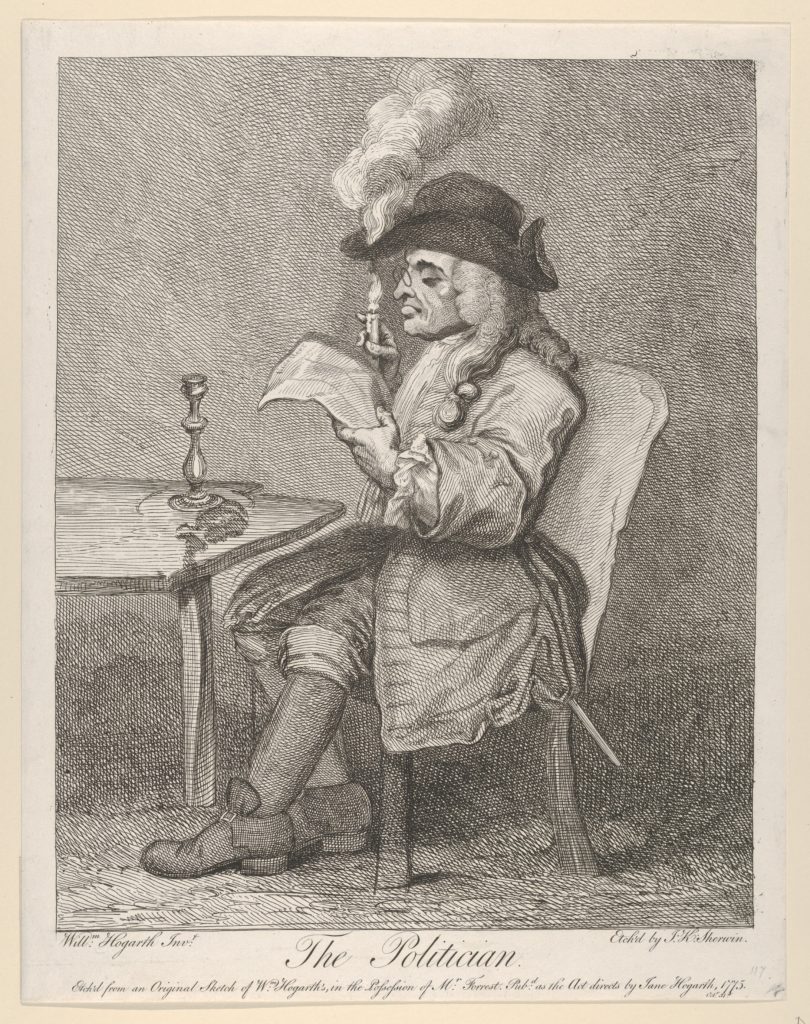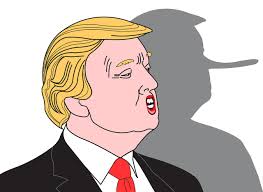
I have observed that a lot of people are attracted to certain popular songs by either the music or the lyrics. Some clearly make their judgments based on how much the music pleases them while others look to the lyrics to decide if they like the song. I see no reason to reject a song because one or the other doesn’t measure up to my standards right out of the gate, but if pressed to state a preference, I might call myself a lyric guy. It probably has to do with being a writer.
A Taste of Lyrical History
The earliest written form of a complete song was Greek, found on a headstone from the first century, CE, in Turkey. Known as Seikilos Epitaph, it went like this: “While you live, shine / Have no grief at all / Life exists only for a short while / And time demands its toll.” Excellent sentiment that speaks to the living.
Earlier songs go back as far as approximately 1400 BC. These were hymns. The lyrics paid homage to God, certainly meant to be inspirational. India produced its own devotional music in the first millennium CE that was certainly meant to focus our minds on our higher selves.
It is believed the Iliad, an epic written by Homer, was written in the 8th century BC. A prominent character was Achilles, a human hero whose mother was a goddess. His father was mortal, however, relegating Achilles to the status of mortal as well. In the following lyric of a song sung by the goddess mother, we hear her reflect sadly the likely untimely death of her son.
“…how sore my heart is! Now my life is pain for my great son’s dark destiny! I bore a child flawless and strong beyond all men. He flourished like a green shoot, and I brought him to manhood like a blossoming orchard tree, only to send him in the ships to Ilion to war with Trojans. Now I shall never see him entering Peleus’ hall, his home, again.”
There were many songs of heroes in medieval times. I was most charmed by these while reading The Lord of the Rings. My takeaway from the Iliad is that the hero is an extension of worship, just below the status of a god. Again, they are a source of inspiration and lyrics are the vehicle bringing that inspiration to us.
At the end of the 16th century, opera came into existence in Florence. At Britannica.com, I found this excellent quote about the origins of opera. “Indeed, Florence became the birthplace of opera at the end of the century, as the result of the confluence of three cultural forces: an established theatrical tradition, a strong sense of civic humanism, and a distinctly Florentine view of music and music’s relation to the cosmos.”
Opera can be very dramatic. Here is an apropos excerpt from Claudio Monteverdi’s 1608 opera, “Lamento d’Arianna.
“Let me die!
and what do you think can comfort me
in such harsh fate,
in such great suffering?
Let me die!
Oh Theseus, my Theseus
I still want
to call you mine,
cruel one, even though
you flee from my eyes.
Turn back, my Theseus,
turn back Theseus, oh God!
Turn back to gaze on her
who abandoned
her country and kingdom just for you,
and who will leave her bare bones
on these sands as food
for fierce and merciless animals.”
In the Baroque era, operas were sometimes comedies with a backdrop of those dramatic, even tragic circumstances. In the late 1800’s and early 1900’s, Gilbert and Sullivan’s English operettas became popular even in the United States. Gilbert’s lyrics are some of the most cleverly written I have ever heard. The brilliant wit keeps these fresh to this day. Witness this lyric from the song I Am the Very Model of a Modern Major-General.

“I am the very model of a modern Major-General,
I’ve information vegetable, animal, and mineral,
I know the kings of England, and I quote the fights historical
From Marathon to Waterloo, in order categorical; a
I’m very well acquainted, too, with matters mathematical,
I understand equations, both the simple and quadratical,
About binomial theorem I’m teeming with a lot o’ news, (bothered for a rhyme)
With many cheerful facts about the square of the hypotenuse.
I’m very good at integral and differential calculus;
I know the scientific names of beings animalculous:
In short, in matters vegetable, animal, and mineral,
I am the very model of a modern Major-General.”
Where Lyrics Go I Will Follow
Musicals have carried on the tradition of creative, ingenious use of language in song. Stephen Sondheim, Andrew Lloyd Webber and George Gershwin are a few notable examples among many stellar wordsmiths in the field.
Popular music isn’t quite so prolific in phenomenal lyric writing, but there’s so much of it that has been memorable. That’s where most of my knowledge is based. I offer several short excerpts off the top of my head that may have enriched your life.
“She’s leaving home after living alone for so many years.” – Lennon and McCartney
“We drank a toast to innocence. We drank a toast to now. We tried to reach beyond the emptiness. But neither one knew how.” – Dan Fogelberg
“And it seems to me you lived your life
Like a candle in the wind
Never knowing who to cling to
When the rain set in
And I would have liked to have known you
But I was just a kid
Your candle burned out long before
Your legend ever did
Your candle burned out long before
Your legend ever did.” – Elton John
“Cathy, I’m lost, I said though I knew she was sleeping
And I’m empty and aching and I don’t know why
Counting the cars on the New Jersey Turnpike
They’ve all come to look for America
All come to look for America
All come to look for America.” – Simon and Garfunkel
“Love is My Religion.” – Ziggy Marley
The Last Word
I hope you’re encouraged to listen more closely to the lyrics of the songs you love and now listen to new songs you may come to love.



